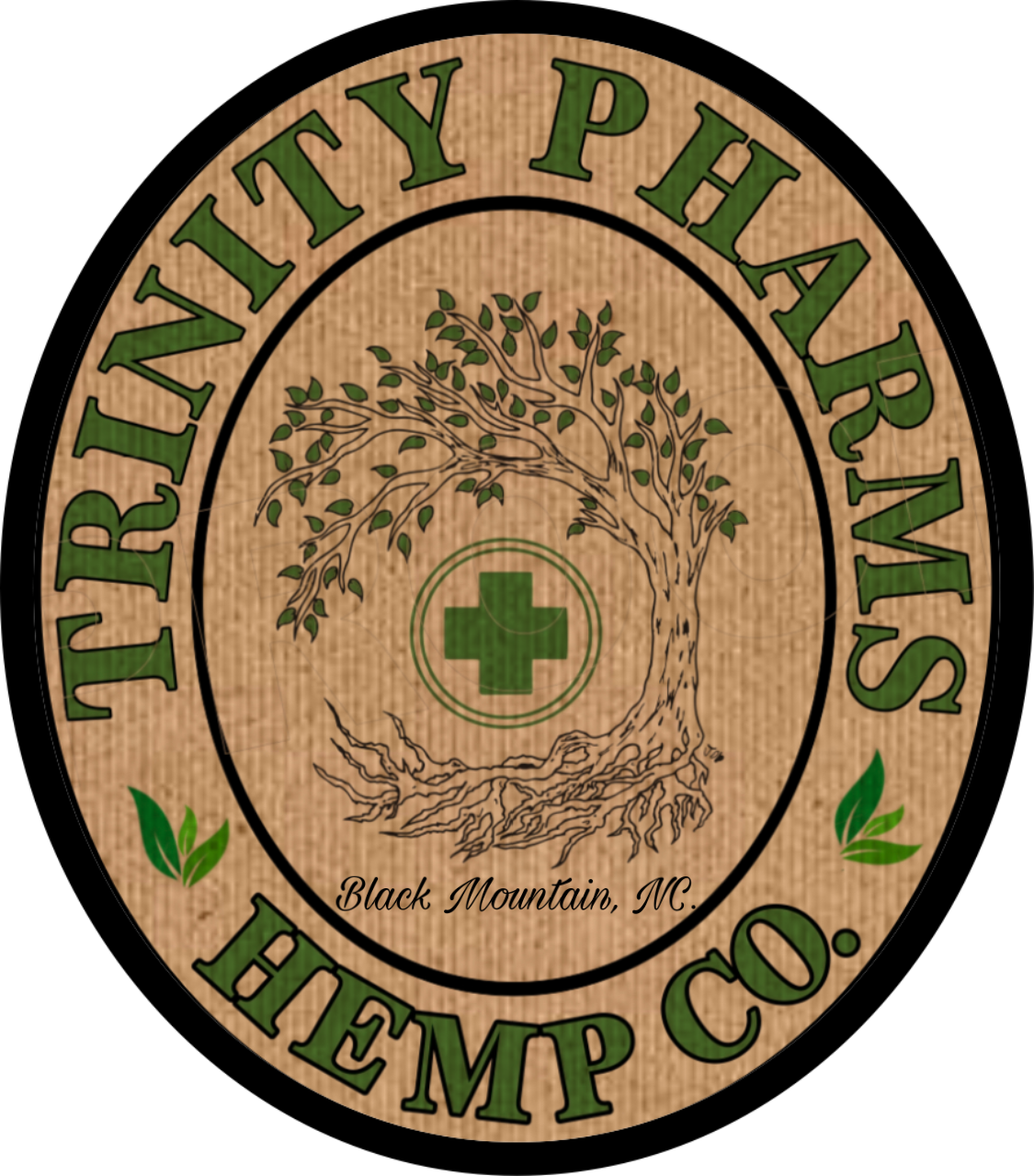What Is Cannabis?
Cannabis plant is a federally and state regulated plant that produces cannabinoids. The extract and processing of the two major cannabinoids in cannabis produces CBD and THC. Cannabis though can be subdivided into many different strains. For legal purposes cannabis contains 0.3 percent or more of THC. If the crop contains less than 0.3 percent of THC then it is hemp. Many hemp production farms are using the hemp for the extraction and creation of CBD.
What Is A Cannabinoid?
A cannabinoid is a chemically produced molecule from the cannabis plant. There are 8 major cannabinoid acids that are produced by the common cannabis plant. However, the two most significant and important are CBDA and THCA. Other than CBD and THC there could be well over a hundred different cannabinoids in the cannabis plant. Cannabinoids have been identified as possibly having health benefits associated with pain, stress, anxiety, blood pressure, and nausea. However, many of these claims are not fully researched.
CBDA and THCA form CBD and THC through the chemical activation process called decarboxylated, which is just a long word for adding heat to the mixture. The product that is left is the THC or CBD that you would find in your local dispensary. Most of the other cannabinoids don’t get you high or have as significant effects on the body.
The cannabinoids derived from cannabis are chemically very similar to endocannabinoids that are produced in the human body as a functional part of the endocannabinoid system. The endocannabinoid system is what helps regulate your metabolism, hunger, sleep, pain, energy, stress, and many other vital functions.
There are two main receptors that allow the functions to happen, CB1 and CB2. Your body’s endocannabinoids bond with these receptors to help tell your body how to function. When you ingest CBD or THC or both, these cannabinoid preferentially bond to the receptors instead of your body’s naturally derived endocannabinoids.
Why Doesn’t CBD Produce A High?
Because the cannabinoids bond in unusual ways with CB1 and CB2 your body starts to get unfamiliar signals. Beyond that difference, there is little explanation on why CBD produces the effects it does and why those effects are different than THC. For whatever reason, the bonding characteristics between CBD and THC to the CB1 and CB2 receptors cause the differing effects on the human body. The notable difference is the lack of the natural “high” associated with CBD. THC produces a significant high when the cannabinoid preferentially bonds with the receptors.
When taken together CBD and THC can produce a different result than if they were taken separately. What is important to note is that you would have two competing cannabinoids in the endocannabinoid system each with differing affects on the human body. Based on how your body reacts and uptakes CBD and THC could be different than someone else. Each delivery method changes the proportions of THC and CBD available to bond to the receptors.
